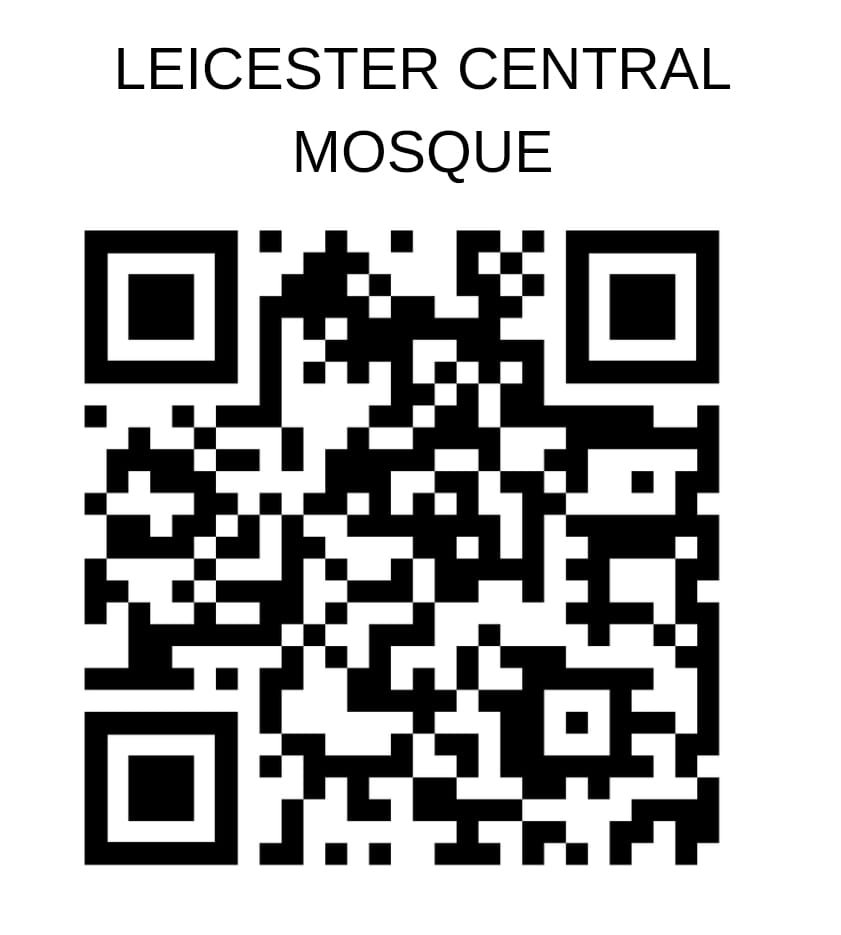News
Is wearing the face veil compulsory ?
In response to a question raised by a Muslim Sister, Moulana Shahid Raza addresses this subject.
Question : Is wearing the face veil compulsory ?
The Face Veil
In the Holy Quran the rules regarding Hijab have been mentioned in surah Al Noor (24) in verses 30 and 31 and in surah Ahzab (33), verse 59. In these verses, while outlining the rules for the covering of the body of a Muslim woman, Quran has not included the face and hands from the wrist downwards.
1. “And tell the believing women to lower their gaze and to be mindful of their chastity and not to display their charm (in public) except what may (ordinarily) appear thereof, and they should draw their head-coverings over their bosoms (breasts) and not display (more of) their charm to anybody but their husbands or their fathers” Al Noor (24 – 30)
There are two interpretations of the words “except what may (ordinarily) appear thereof” in this verse.
a. These words have been brought in this verse in order to state the exclusion of face and hands from the wrist downwards (Abdullah Ibn Abbas)
b. These words have been brought in this verse in order to state the exclusion of the outer most garment, e.g. a long shawl or burkah. (Abdullah Ibn Masud)
The majority of the classical scholars of tafseer support the opinion of Abdullah Ibn Abbas. They include:
- Imam Ibn Jarir Tabri (d. 310 AH)
- Imam Abu Bakr Jassas (d. 370 AH)
- Imam Fakhruddin Razi (d. 606 AH)
- Imam Alauddin Ali Baghdadi (d. 725 AH)
- Qazi Sanahullah (d. 1225 AH)
- Qazi Sanahullah has also stated in his tafseer Mazhari volume 6, that all the four Imams of Sunni fiqh i.e. Imam Abu Hanifah, Imam Malik, Imam Shafeyee and Imam Hanbal, also agree with the opinion of Abdullah Ibn Abbas.
2. “O Prophet! Tell your wives and your daughters as well as all (other) believing women that they should draw over themselves some of their outer garments (when in public). This will be more conducive to their being recognised (as decent women) and not annoyed. And Allah is indeed much forgiving and Most Kind” Ahzab (33 – 59)
The scholars of tafseer have two different opinions while interpreting the words; “should draw over themselves some of their outer garments” in this verse. Ibn Jarir Tabri (d. 310 AH) who is believed by consensus to be the first ‘Mufassir’ (commentator of Quran) has given details of this difference of opinion in his tafseer ‘Jaami-ul-bayan’, as under. He commentates that these words mean that when women go out of their homes, they should:
- Cover along with the whole body; the hair on their head and their face, with the exception of their eyes. (Ubaidah)
- Tie the outer garment over their forehead. (Abdullah Ibn Abbas)
- Cover their head up to the eye brows with their outer garments. (Qatadah)
- Cover the whole body with the outer garment (shawl) with an exception of the face. (Mujahid)
There are several sayings (Hadith) of Prophet Muhammad (Peace be upon Him) that also support the opinion that the face and hands are not part of the woman’s body to be covered. For example, once Asma, the sister of Aisha (Allah be please with them both) came to the Prophet (peace be upon Him) in a dress made of thin fabric that showed the colour of her body. The Prophet (peace be upon Him) turned his face away and said:
“Oh Asma, when a woman reaches puberty it is not allowed that any part of her body be seen, expect this and this”
He pointed to his face and the palms of his hands. (Reported by Hazart Aisha – Abu Daud, Mishkat)
Conclusion
In my humble view, in light of what has been mentioned above, the only way of compromising these two opinions is to believe that:
1. It is not Fardh (obligatory) on Muslim women to cover their face and their hands from the wrist downwards; however, it is Fardh upon them to cover the rest of their body.
2. It means that if a Muslim woman does not cover her face and hands, she will not be violating the divine teachings of Quran and Sunnah in respect of Hijab and accordingly she will not be committing a sin.
3. However, if a woman voluntarily prefers to wear a veil over her face she should not be discouraged and it should be interpreted as a sign of her greater piety, which may be rewarded by Allah Almighty.
4. Muslim woman should not be forced to wear a veil over their faces at all.
5. The face veil cannot be merely considered as something cultural because in light of the above mentioned details, this practise is based upon a view expressed by a Sahabi, Abdullah Ibn Masud and later on by many scholars who follow this opinion.
Written by, Moulana Mohammad Shahid Raza.
14th October 2006
21st Ramadan 1427 AH


